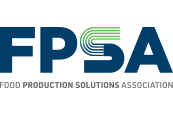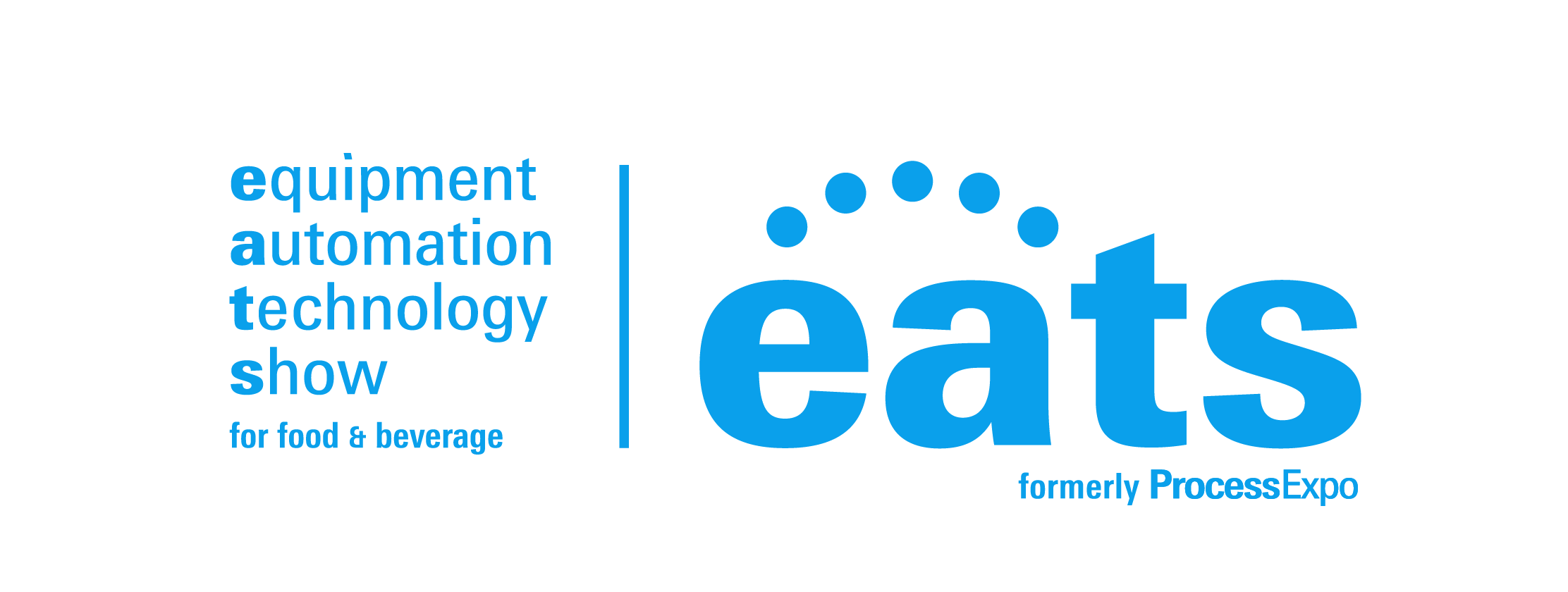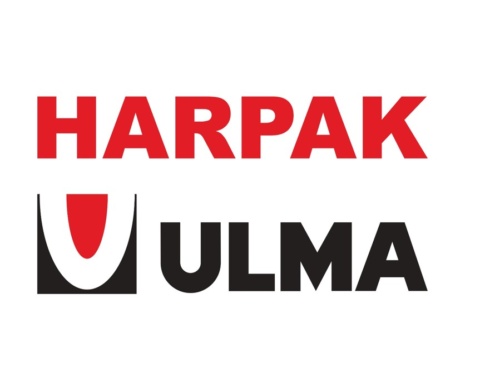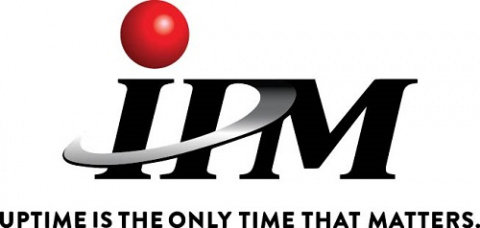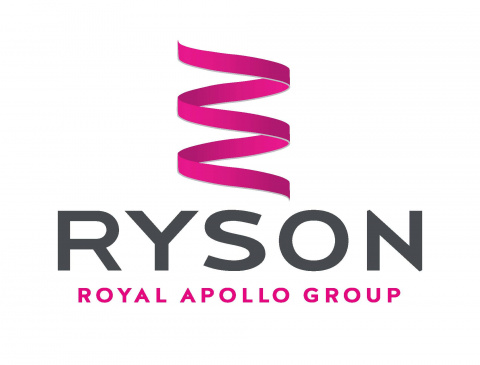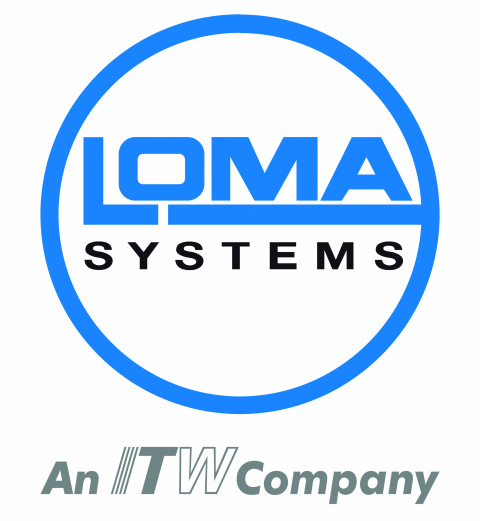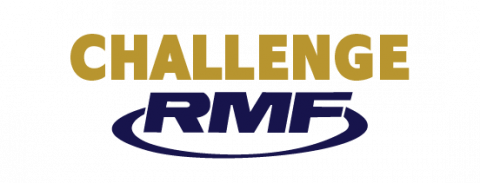
Scientists will meet in Italy later this month to discuss chemical food safety issues related to water quality.
The UN Food and Agriculture Organization (FAO) and World Health Organization (WHO) expert meeting is set for May 20 to 23 at FAO headquarters in Rome.
A background document is being drafted to present the current understanding of food safety issues related to chemical water quality in environmental and recycled waters that may be used in agrifood systems.
The meeting will help finalize the document. Objectives include agreeing on the priority of waterborne contaminants for food safety as well as drawing conclusions and making recommendations to Codex or other relevant stakeholders.
Safe water use
WHO said the use of good quality water at different stages of the supply chain — from irrigation, animal farming, aquaculture, cleaning, food processing, up to drinking water — is crucial for food safety.
Circular economy polices and processes are promoting the use of solutions such as closed-loop water reuse and recycling of water from waste sources.
Water sources can contain a range of contaminants. While significant advances have been made in recent years in assessing the microbiological risks related to water, the implications of chemical water quality on food safety are less well characterized, according to specialists. There is often limited knowledge related to the ability of emerged or emerging waterborne chemical contaminants to enter the food chain and their implications on food safety, said WHO.
Experts include Mesfin Mekonnen, from the University of Alabama; Kevin Hiscock, from the University of East Anglia; Martin Rose, a UK-based consultant; Mark Sumarah, a scientist at Agriculture and Agri-Food Canada; and Tim Harwood, of the Cawthron Institute in New Zealand.
In other news, the Eastern Mediterranean Public Health Network (EMPHNET) has joined the WHO Alliance for Food Safety for the 2025 to 2027 term.
Created in May 2024, the alliance brings together WHO Collaborating Centres and other partners to support the implementation of the WHO Global Strategy for Food Safety 2022 to 2030. The aim is to strengthen national food safety systems and reduce the burden of foodborne diseases.
An inception meeting was held in Geneva in May 2024 and the next event was planned in Oman for some time in 2025.
Other members include the University of Melbourne, the Canadian Food Inspection Agency (CFIA), the Danish National Food Institute, the German Federal Institute for Risk Assessment (BfR), SENASICA in Mexico, and the Saudi Food and Drug Authority.
(To sign up for a free subscription to Food Safety News, click here)
